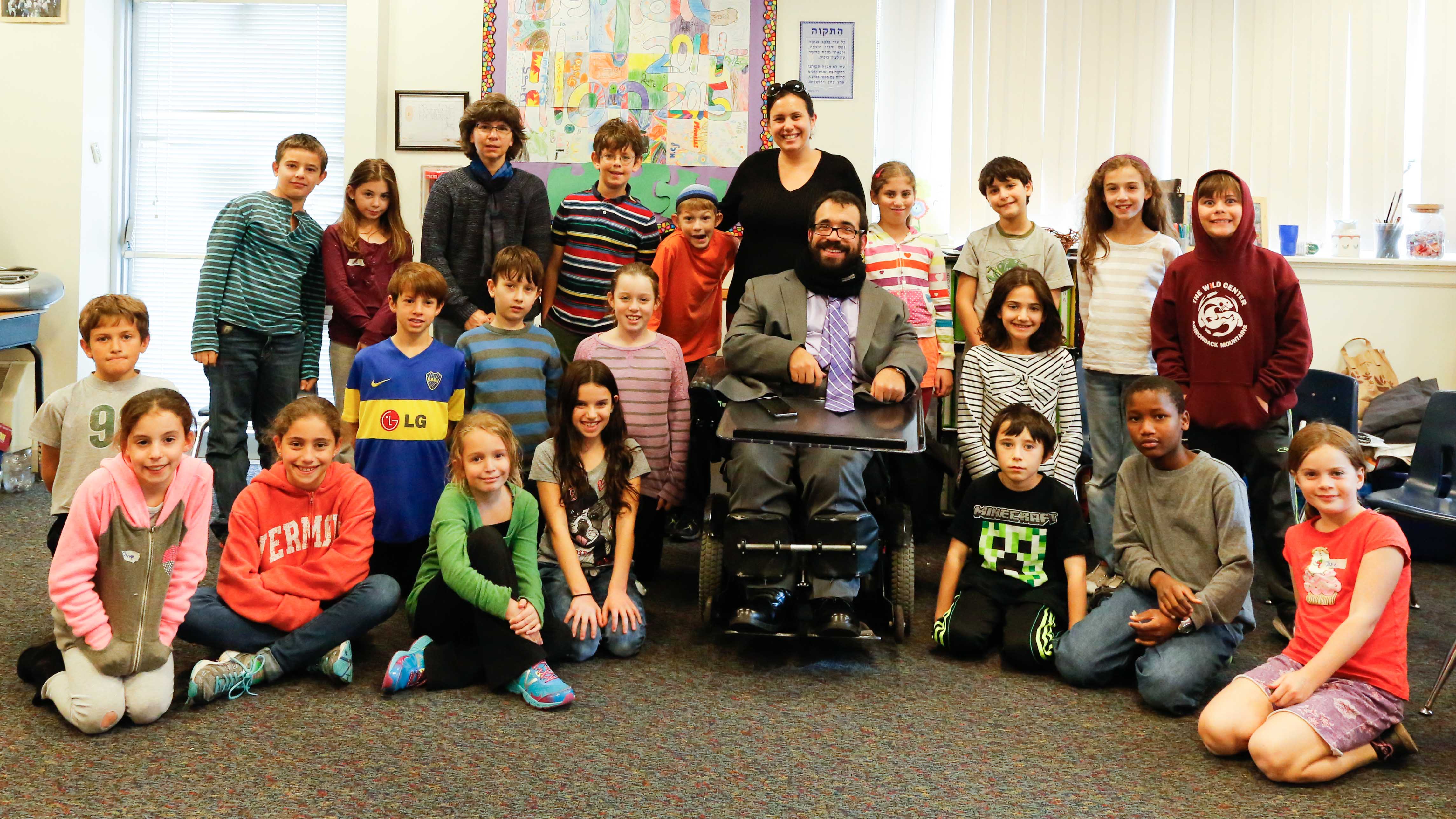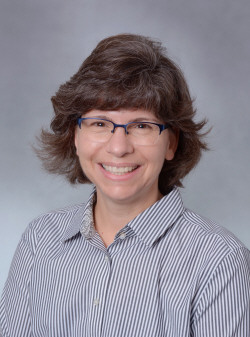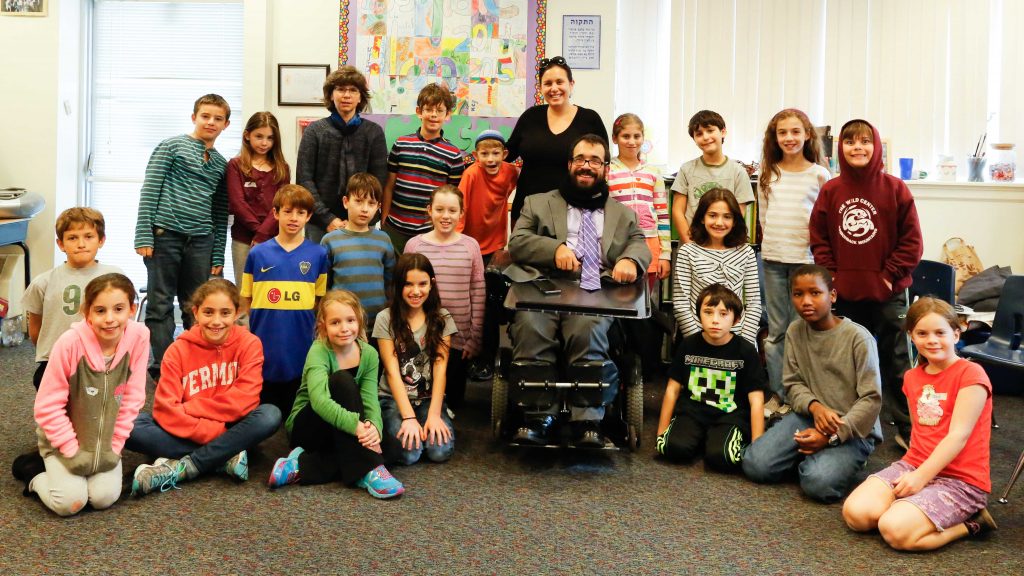
Understanding Our Differences Firsthand
Jewish teachings state: “Don’t look at the container, but at what’s inside,” “Teach every child according to his way,” “Don’t insult the deaf or place a stumbling block in front of a blind person.” Children in Jewish day schools learn these values – but often are not afforded the opportunity to practice them, since most day schools tend to be homogeneous.
This year JCDS’ (Jewish Community Day School of Boston) 4th grade class (Alonim), experienced two units from the Understanding Our Differences© (UOD) curriculum. The program provides an opportunity to explicitly teach about disability awareness and inclusion in a powerful, engaging way. It is also an opportunity for students to meet and hear from people who live with different disabilities.
The two units that we focused on this year were physical disabilities and learning differences. Both programs were highly valuable for helping our students begin to understand and appreciate differences in people. The students enjoyed moving from station to station and engaging in hands-on activities that simulated different disabilities. Each unit concluded with a guest speaker, who had a disability and shared their experience living with their disability. The students were able to ask any question and engaged in a thoughtful and powerful dialogue.
During the physical disabilities unit, our students gained a new appreciation for people who struggle on a daily basis to feed themselves or dress themselves. As each student used the assistive devices, they had to consider the perspective of a person with a physical disability. Many of the students expressed how difficult it must be to deal with on a daily basis.
The message of the program, however, was that we must focus on what people can do, not on what they can’t do. This message came through loud and clear when we met Matan, our guest visitor who uses a wheelchair. He welcomed questions from the students and immediately made them feel comfortable. Questions that students asked included “How do you go to the bathroom?” and “Did people make fun of you growing up?” He also explained how long it takes him to get ready in the morning and all the challenges he encounters each day. He had an extremely positive attitude and was an inspiration to all of us.
One of our students who uses an assistive hearing device daily connected with Matan. Clearly this student felt safe enough that he was able to open up to his entire class and explain his disability. Not only was this good for the student, it was helpful for the class to know more about his disability.
In our class, we have some students with learning challenges. Participating in the unit about learning differences provided an opportunity for some of those students to share how they have difficulty with their learning at times. Our students were not only learning about other people, but also gaining a deeper understanding of some of the challenges their own classmates face every day. We have referred back to the learning differences unit many times when we explain to the students that everyone learns differently.
Not only did it teach our students about differences and challenges, it also helped to promote empathy, perspective, and tolerance among my students. Now when we come across the phrase “Don’t insult the deaf or place a stumbling block in front of a blind person,” in class, my students have a deeper understanding of what it really means.
Michelle Janoschek is a 4th grade teacher at JCDS, Boston’s Jewish Community Day School. JCDS is fortunate that Gateways brought Understanding Our Differences© to JCDS through a partnership with the Ruderman Family Foundation.
About the author
Stay Included
To stay up to date on our most recent advocacy efforts, events and exciting developments, subscribe to our newsletter and blog!
















